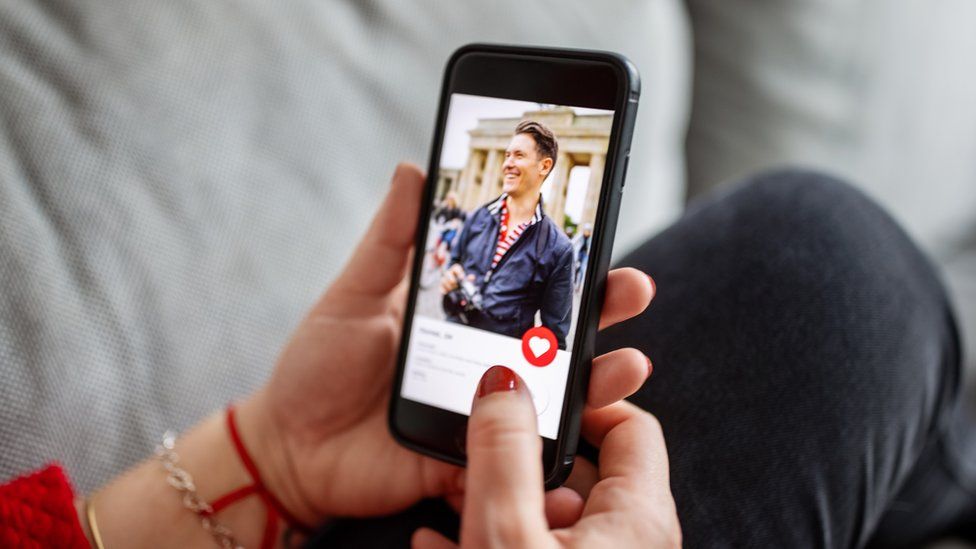Picture by iStock
Cause caution for conversations on intimate violence, Harvey Weinstein, and erasure of queer, GNC, and/or of our trans in popular conversations. Please continue at your very own danger.

If you’ve been on social media marketing whatsoever in earlier times few days, you know that sexual assault has taken heart level across various platforms. When you look at the aftermath of this news busting of Harvey Weinstein’s part in preying on stars throughout Hollywood, a much-needed discussion on what normalized sexual physical violence is in our society provides risen. Facebook was full of #MeToo articlesâstatuses created by survivors of sexual harassment, assault, or assault of any sort to demonstrate the artistic effect of intimate physical violence within our culture.
In wanting to end up being comprehensive and boost awareness, a lot of the conversation surrounding #MeToo has already established the unfavorable result. Indeed, a number of the #MeToo posts center the experiences of cis, white, largely heterosexual and able-bodied women. Their own encounters are valid and deserve area, exactly what will it state when
merely
enable specific customers to fairly share their unique stories or feel secure as “survivors”?
Though research report that ”
1 out-of 6 American females
is the victim of a tried or completed rape in her lifetime”, this nonetheless underestimates the importance intimate violence in life. The majority of survivors never ever report their rape or attack, for most facets which range from concern about not considered to not really wanting to end up being re-victimized by police, doctors, and for the process of attempting to bring the condition to courtroom. Absolutely wonderful pressure placed on survivors getting as close with the notion of a “perfect target” as possibleâsurvivors whom consumed the night of these assaults; survivors exactly who knew their unique perpetrators or had also got previous consensual encounters with these people; survivors have been, at all, “imperfect” or revealed their unique humanity, threat having that used against them when they elect to speak out regarding the assault they practiced.
Nevertheless most harmful hope placed on survivors may be the force of not-being queer. The embarrassment that hangs for all queer survivors correlates towards unfair label if perpetrator is the identical gender ones, subsequently that can somehow “make” them queerâand that simply isn’t correct. But because this stereotype remains laced thus closely to how exactly we speak about and procedure sexual physical violence, queer survivors tend to be much less more likely to seek help, report their assaults, or get the support they require.
The most significant cause of concern with the #MeToo posts is the erasure of validity for the sexual assault that survivors who aren’t cis females face. Individuals who are trans and/or gender non-conforming or women that tend to be male presenting additionally face intimate violence, but are really under-supported and overlooked of resources and discussions meant to center and uplift survivors for their sex or the sex of these perpetuators. Many attempts of getting this right up through #MeToo posts were satisfied with accusations of derailing, diminishing, or disregarding the need for cis female survivors to share their unique stories.
Allow me to be clear: cis women can be perhaps not truly the only people that experience intimate physical violence. We are able to have a discussion in regards to the options misogyny and gender oppression influence you in different ways without one removing through the quality among these experiences. By suggesting that cis ladies are perhaps not truly the only people that knowledge sexual physical violence, as a result, never to recenter the dialogue on maleness and letting perpetrators that happen to be cis men to dodge liability for steps. Rather, the goal is to offer survivors of most gendersâespecially those people who have been the most marginalized and left outâroom to know that they matter, as well.

It is important that we explore just how sexual assault influences us, but is it right to do so at the cost of making survivors behind? No. Queer survivors, survivors that trans and/or gender non-confonforming, survivors whoever perpetrators happened to be exactly the same sex as all of them or whose perpetrators were not cis men are not any much less vital than survivors whose stories healthy the thought of the “perfect victim”.
So how can we move ahead? We continue making area and centering the stories which happen to be the most important to tell when talking completely about sexual violenceâthe tales of survivors. But no survivor is compelled to tell you their unique tale or take part in general public processing of their trauma even though it’s about time sensitive and painful or the subject at the time. The great thing that individuals may doâall of usâis which will make room for survivors from all walks of life feeling secure, to understand that they matter, in order to gain access to the resources which help that they need to feel their best.
Intimate physical violence consistently have this type of an essential role in life while there is no splitting it from your misogynist culture. But we could begin to do the work of splitting from becoming involuntary bystanders and standing to express, forget about.